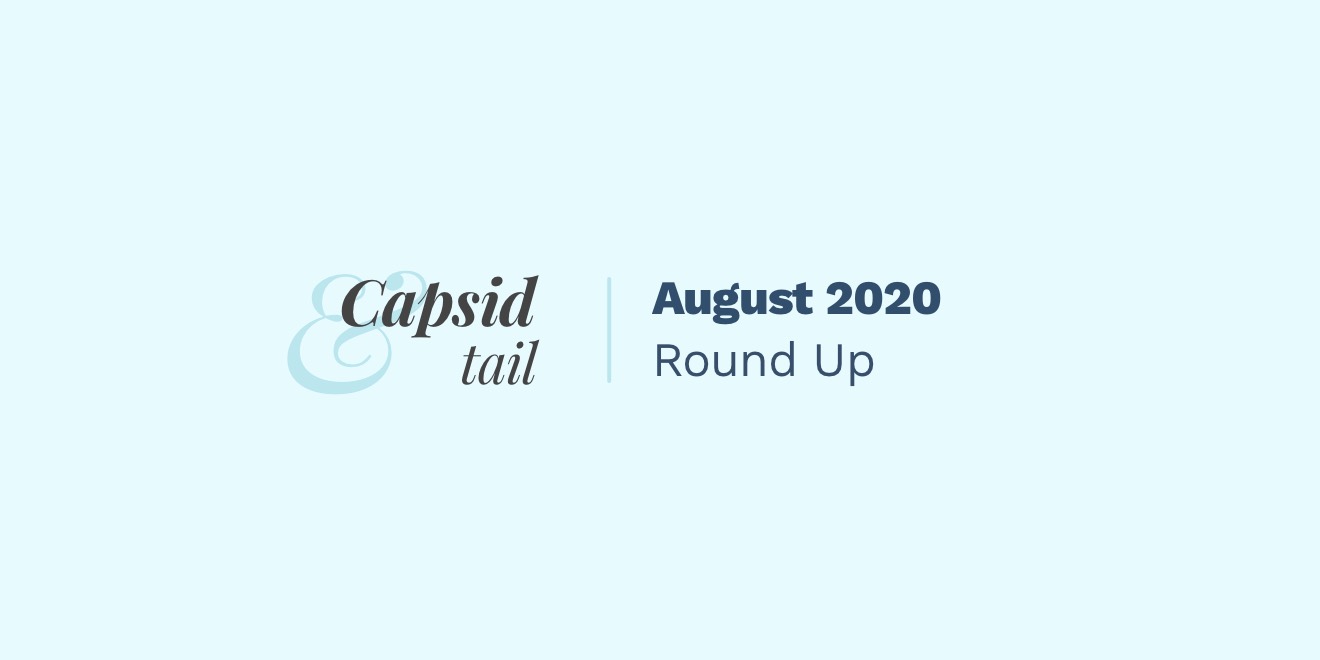The Cystic Fibrosis Foundation has awarded $15 Million to 33 organizations studying how to improve outcomes for cystic fibrosis patients battling infections, and three are phage therapy-based approaches! One is for research into phages that target Pseudomonas, another is engineering phages to target Burkholderia, and the third is developing a phage library to target each of the different strains of Burkholderia bacteria known.
Patrick de Jonge (Utrecht University, Netherlands) and colleagues published a new paper in iScience on AdsorpSeq, a new method for rapidly linking phages with hosts, which is based on sequencing phages physicially bound to host cell envelopes. They used AdsorpSeq to identify 26 new phage-host interactions in hospital wastewater.
Cyclic-oligonucleotide-based anti-phage signalling systems (CBASS) share ancestry with an innate immune pathway in animals. Adi Millman (Weizmann Institute of Science, Israel) and colleagues published a new paper in Nature Microbiology on CBASS diversity. They saw evidence of extensive gain and loss of CBASS systems, as well as shuffling of effector genes between systems, and they propose a new classification system.
Clay Crippen (University of Georgia) and colleagues published a new paper in Frontiers in Microbiology showing that phages can lead multidrug resistant Acinetobacter isolates to release intact antimicrobial resistance determinants in vitro.
Moran Meir (Tel Aviv University, Israel) and colleagues published a new paper in Science Advances showing that competition between social cheater viruses is driven by mechanistically different cheating strategies.
Mpho Defney Maje (North-West University, South Africa) and colleagues published a new paper on pathogenic, antibiotic-resistant Vibrio species found in drinking water, along with their isolation of two lytic phages that could be exploited for control of these strains.
A new episode of The Economist podcast investigated how viruses shape the world through interviews with Jennifer Doudna on CRISPR and Steffanie Strathdee on phage therapy.
The Ibadan Bacteriophage Research Team (IBRT, one of 3 undergraduate phage research programs in sub-Saharan Africa) has started recruiting incoming clinical undergrads at the University of Ibadan for its SEA-PHAGES phage research program.






